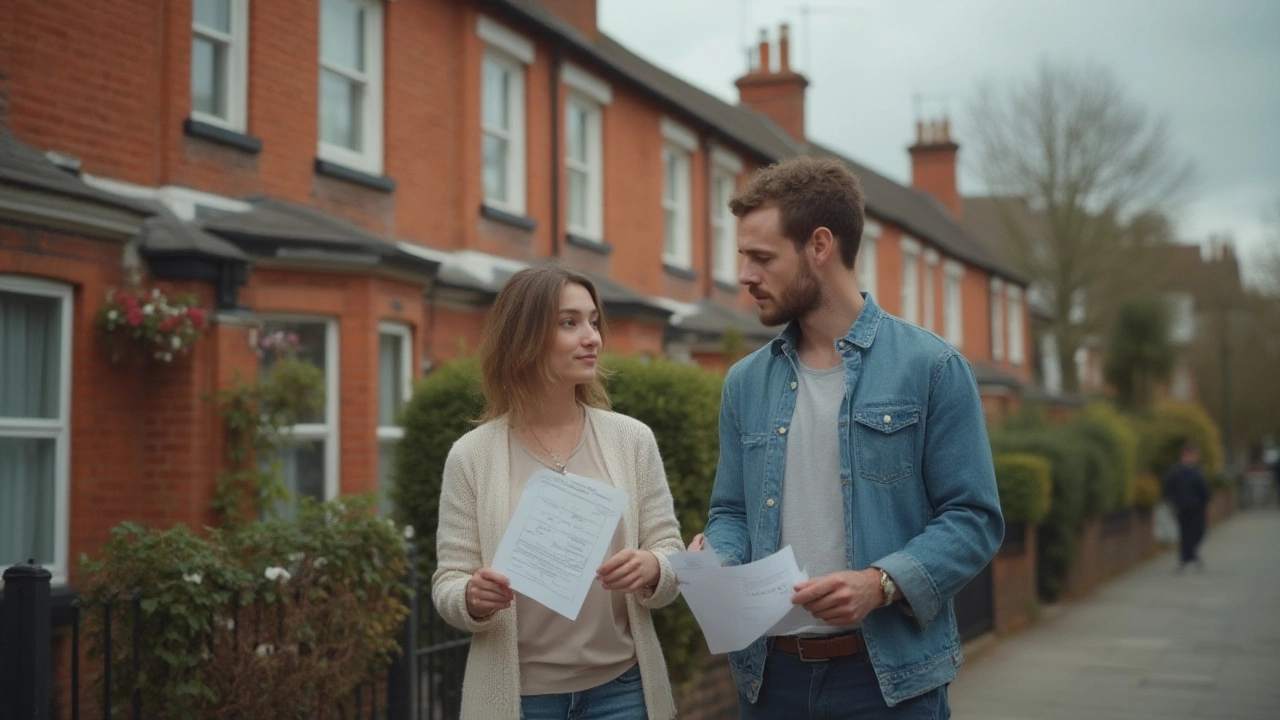First-Time Homebuyer Guide: What You Need to Know Before You Buy
Buying your first house can feel like stepping into a maze, but it doesn’t have to be scary. The key is to break down the process into bite‑size steps and tackle each one with confidence. Below you’ll find practical advice that cuts through the jargon and gets you moving toward the front door of your new home.
Get Your Finances in Shape
Start with a clear picture of how much you can actually afford. Grab your recent payslips, list any debts, and calculate your monthly net income. From there, work out a realistic budget for mortgage payments, utility bills, and other living costs. A good rule of thumb is to keep your mortgage payment below 30 % of your net income. If that number feels too tight, it’s a sign to either trim expenses or delay buying until you boost your savings.
Saving for a deposit is the next big hurdle. Most lenders expect at least a 5 % deposit, but aiming for 10–15 % can get you better rates and more loan options. Set up a dedicated savings account, automate monthly transfers, and consider high‑interest savings pots or fixed‑rate bonds to make your money work harder.
Don’t forget your credit score. Lenders use it to judge how risky you are, and a higher score often translates to lower interest rates. Check your credit report for errors, pay down existing credit cards, and avoid taking on new debt in the months leading up to your mortgage application.
Choose the Right Mortgage and Take Advantage of Schemes
There are several mortgage types to fit different situations. Fixed‑rate mortgages lock in a set interest rate for a period (usually two to five years), giving you payment certainty. Variable or tracker mortgages move with the Bank of England rate, which can be cheaper if rates fall but riskier if they rise. Talk to a mortgage adviser or use an online calculator to see which option matches your risk tolerance and timeline.
As a first‑time buyer in the UK, you’re eligible for government programmes that can lower the cost of entry. The Help to Buy equity loan lets you borrow up to 20 % of the property price (40 % in London) interest‑free for the first five years. The Lifetime ISA (LISA) allows you to save up to £4,000 a year, and the government adds a 25 % bonus—perfect for boosting your deposit.
When you start looking at properties, keep your wish list realistic. Factor in location, transport links, and future resale value, but don’t let your dream home stretch your budget beyond what you can comfortably afford. Use estate agent websites, arrange viewings, and take notes on each property’s pros and cons.
Once you find a house you like, make a sensible offer. Research recent sale prices in the area and start a little below the asking price—you’ll be surprised how often sellers accept a lower bid, especially if you’re a cash‑ready buyer. After an offer is accepted, a solicitor will handle the legal side: conducting searches, reviewing the contract, and ensuring the title is clear.
The final steps are the mortgage valuation, exchange of contracts, and completion. The valuation confirms the property is worth the loan amount; if it comes back low, you may need to renegotiate or add to your deposit. When contracts are exchanged, you’re legally bound, and a completion date is set—usually a few weeks later. On completion day, the money moves, the keys are handed over, and you officially become a homeowner.
Remember, buying a home is a marathon, not a sprint. Stay organized, ask questions, and lean on professionals when you need them. With the right prep, your first‑time home purchase can be a smooth, rewarding experience that sets the stage for many happy years ahead.

How Student Loans Affect Buying a House: What Every Homebuyer Needs to Know
Do student loans stand in the way of getting a mortgage? Find out how student debt really impacts buying a home, plus tips to boost your chances.





